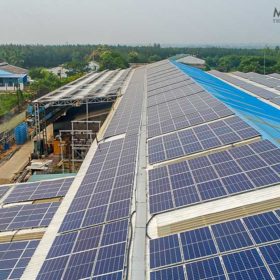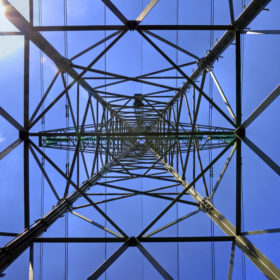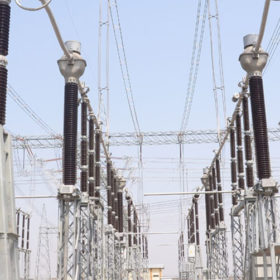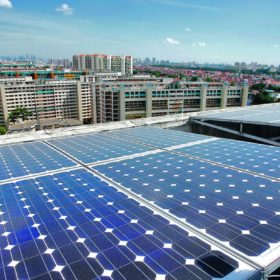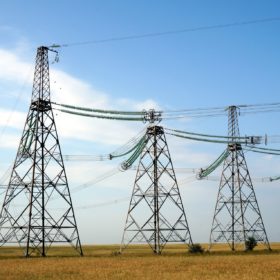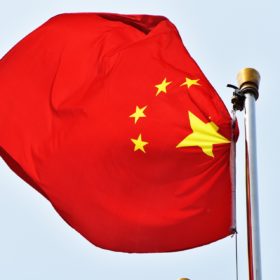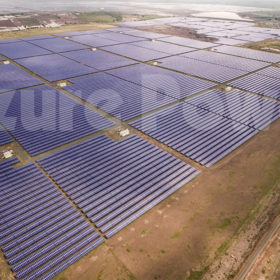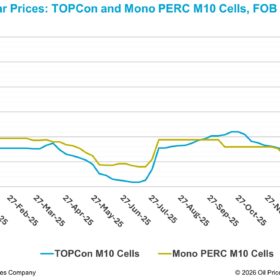Rooftop solar needs greater push to reach 2022 target: IEEFA
Policy certainty and more financial subsidies would incentivise the market, as would support for domestic manufacturing and simplifying the net metering application process.
Power-surplus Karnataka state says no to new solar
India’s leading solar region has been forced to apply the brakes to new solar with its power distribution companies having fulfilled their renewable purchase obligations for the next two years. Projects driven by federal agencies will continue, however.
US investor KKR and Singapore’s GIC own 42% stake in Sterlite Power’s grid trust
KKR has also applied to become a co-sponsor of the power infrastructure investment trust and plans to acquire additional 15% stake in it. The deal marks KKR’s first infrastructure investment in Asia.
BHEL tenders 170 KW grid-connected rooftop solar projects in Haryana
State-owned Bharat Heavy Electricals Limited (BHEL) has invited bids for supply, installation and commissioning of grid-connected solar rooftop PV plants of cumulative capacity 170 KWp at four locations in Haryana. The projects would be awarded through bidding followed by reverse auction. The last date for bid submission is May 10.
Kolkata utility seeks 200 MW of solar power to meet RPO
The power company needs to secure PV energy for 11-18 hours per day this month and in September in order to meet its renewable purchase obligation. Solar energy from outside the state of West Bengal will be considered.
Gujarat re-tenders 700 MW of solar but response is lukewarm
Reduction in solar park charges was not enough to attract developers in the same numbers that flocked to a separate 500 MW exercise two months earlier. The Raghanesda Solar Park continues to be a headache after a previous attempt was cancelled because the tariffs were deemed too costly.
China confirms FIT level payments – but they will be ‘subject to competition’
The Beijing authorities have confirmed the payment levels to be made according to type of project and region from July onwards but an auction process will be involved so the figures are for guidance only. No decision has yet been made on the 30 GW of capacity added since the end of May.
NTPC tenders 10 MW and 3 MW solar projects for Uttar Pradesh and Bihar
The state-owned power generator has invited bids for operations and maintenance of 10 MWp solar plant at Unchahar in district Rai Bareilly of Uttar Pradesh, and also for setting up of 3 MW plant at its Kahalgaon plant in Bhagalpur district of the state of Bihar.
Azure Power commissions 150 MW project at the Bhadla Solar Park
The independent power producer now has 1.6 GW of operational solar assets. Other recently commissioned Azure projects include the final phase of a 260 MW solar project in Gujarat and a 100 MW facility in Karnataka.
SECI tenders 100 MW grid-connected solar capacity in Telangana
The Solar Energy Corporation of India (SECI) has invited bids for setting up of 100 MW (AC) grid-interactive solar PV power plants at the premises of state-owned coal mining company Singareni Collieries Company Limited (SCCL) in the state of Telangana. The project would be awarded through reverse auction. The deadline for bid submission is June 7.
